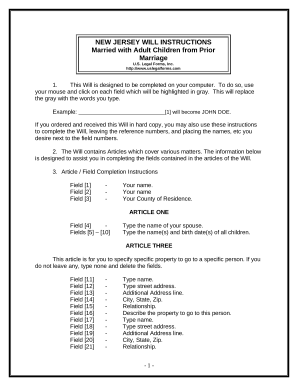
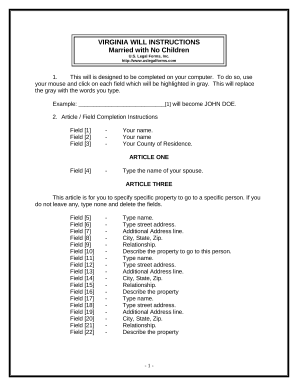
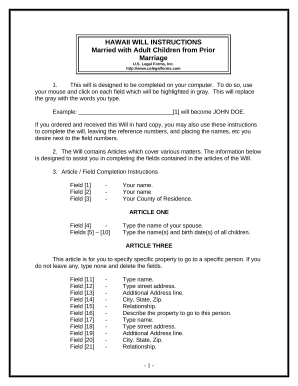
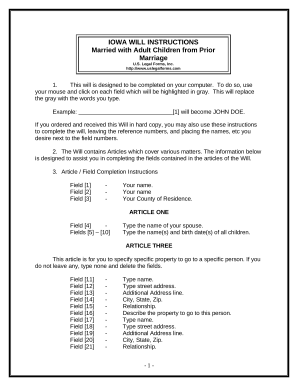
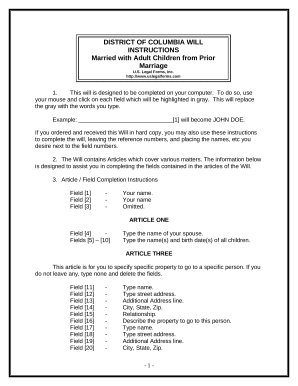
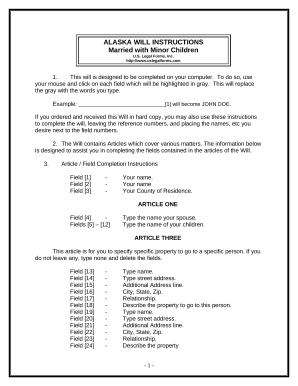
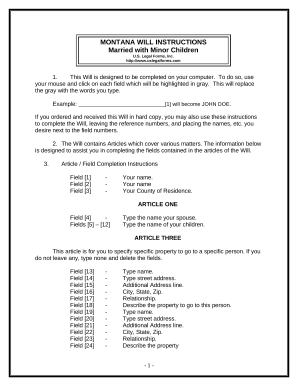
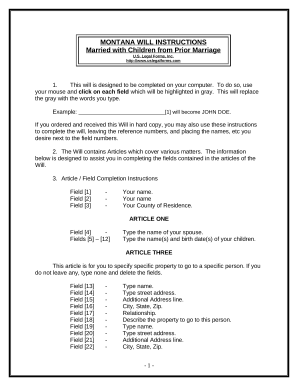
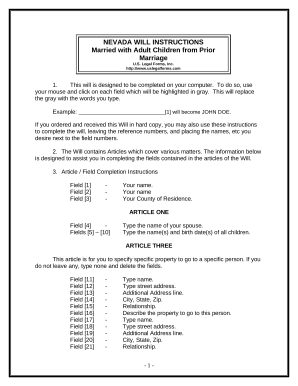
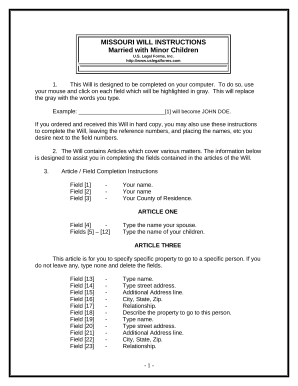
Improve your document management with the Married Person's Last Will and Testament library with ready-made form templates that meet your needs. Access your document, modify it, complete it, and share it with your contributors without breaking a sweat. Begin working more effectively with your forms.
How to use our Married Person's Last Will and Testament:
Explore all the opportunities for your online file management using our Married Person's Last Will and Testament. Get your free free DocHub profile right now!